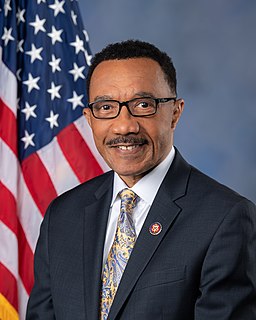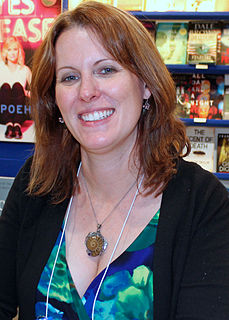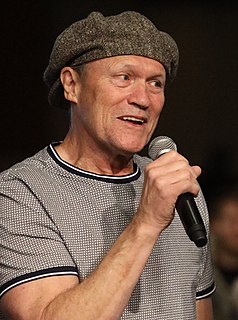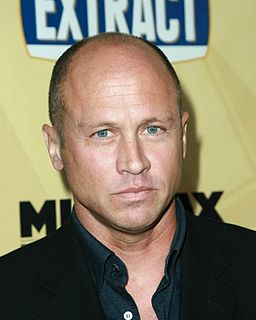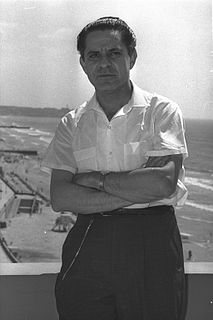A Quote by Jim Crace
Storytelling enables us to play out decisions before we make them, to plan routes before we take them, to work out the campaign before we start the war, to rehearse the phrases we're going to use to please or placate our wives and husbands.
Related Quotes
...when we are going through the aftereffects of a bad jolt in loss of money or pride--and both are closely connected--we should get off to ourselves, make an honest appraisal of our shortcomings, and try to find our weak spots and bolster them up before starting in again. First on the program we should figure out a plan to eat. The money we have lost is a small matter; if we can keep our pride and strong faith in ourselves the battle ahead is half won before we start.
Before making peace, war is necessary, and that war must be made with our self. Our worst enemy is our self: our faults, our weaknesses, our limitations. And our mind is such a traitor! What does it? It covers our faults even from our own eyes, and points out to us the reason for all our difficulties: others! So it constantly deludes us, keeping us unaware of the real enemy, and pushes us towards those others to fight them, showing them to us as our enemies.
What happens in a play is determined to a certain extent by what I thought might be interesting to have happen before I invented the characters, before they started taking over what happened, because they are three-dimensional individuals, and I cannot tell them what to do. Once I give them their identity and their nature, they start writing the play.
In Korea is what I do is I watch the playback of each take with all of the actors and spend a lot of time discussing each take. Also, I use the process we call auto-assembly because I storyboard my entire film right at the beginning, even before pre-production ever begins, so my vision is already laid out on the storyboard for everybody to share. It enables the on-set assembly person, as we call them, to cut together each take into a sequence. This enables a director to review the take within the context of the sequence of the scene.
In war," answered the weaver, "the strong make slaves of the weak, and in peace the rich make slaves of the poor. We must work to live, and they give us such mean wages that we die. We toil for them all day long, and they heap up gold in their coffers, and our children fade away before their time, and the faces of those we love become hard and evil. We tread out the grapes, another drinks the wine. We sow the corn, and our own board is empty. We have chains, though no eye beholds them; and are slaves, though men call us free.
There's something about TV shows and the format that becomes a bit more personal. People watch two, three in a row before they get out of bed on their laptop or when they get home from going out and before they go to sleep. People make shows part of their daily routine, and that makes them take ownership of it. If you're so arrogant as to call yourself an artist, you can't ask for anything more than that.
Sometimes I go to a test screening and look at the audience in line, and I start to go, "Okay, I bet this is going to work, and this isn't going to work." It's weird, but just going and facing the music and putting it out before a crowd, even before it starts playing, that exercise of putting it up on a screen for people makes you realize things even before it starts rolling. It's really weird. I've heard other people say that, too.
Performers should realize they not only have to prepare themselves for concert purposes as far as memorizing their programs goes, but for the business of just walking out before the people …. It is important to play before an imaginary audience too. Before I play in public I very often play a program three or four times as though I were seated before a actual audience.


